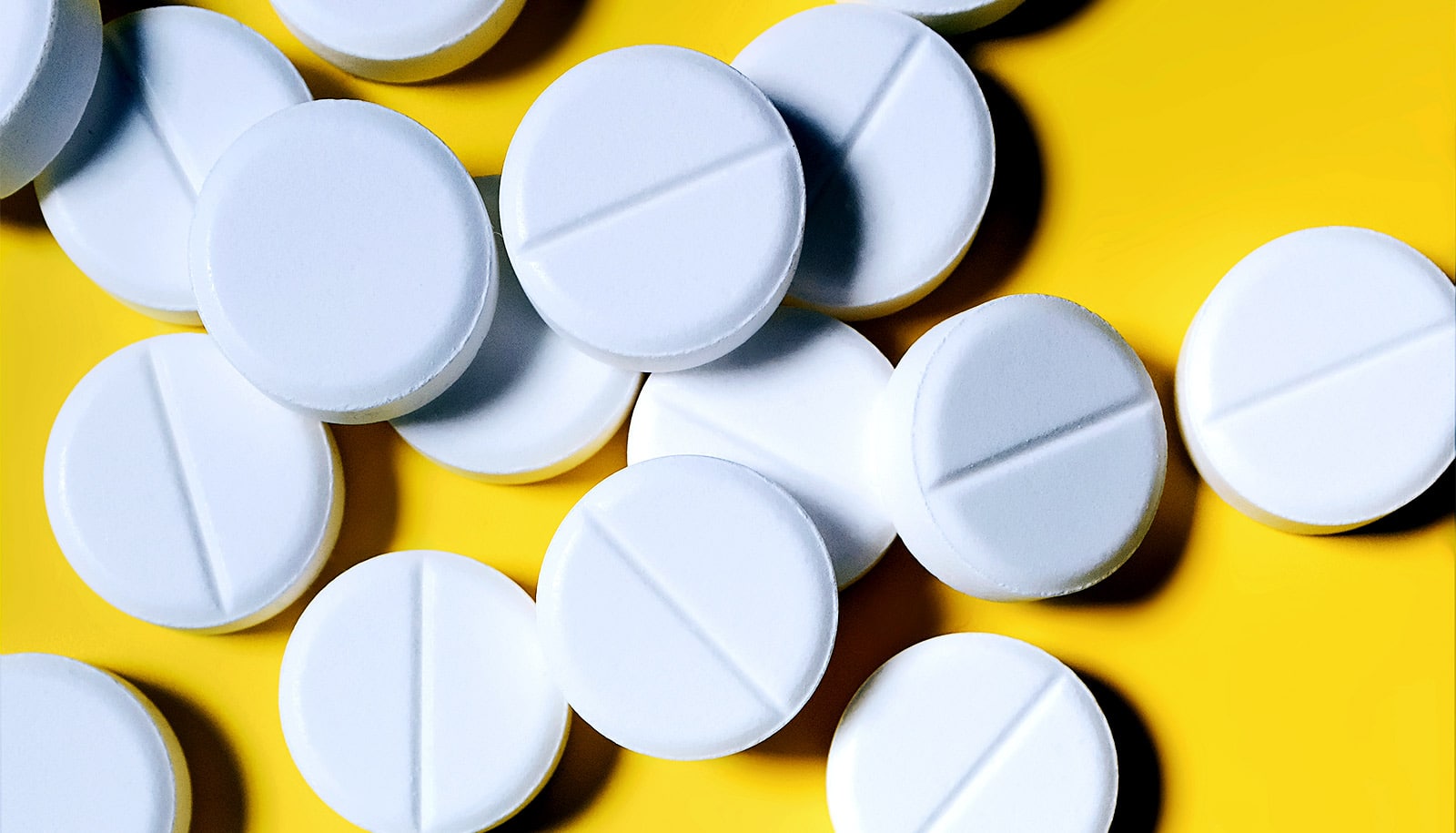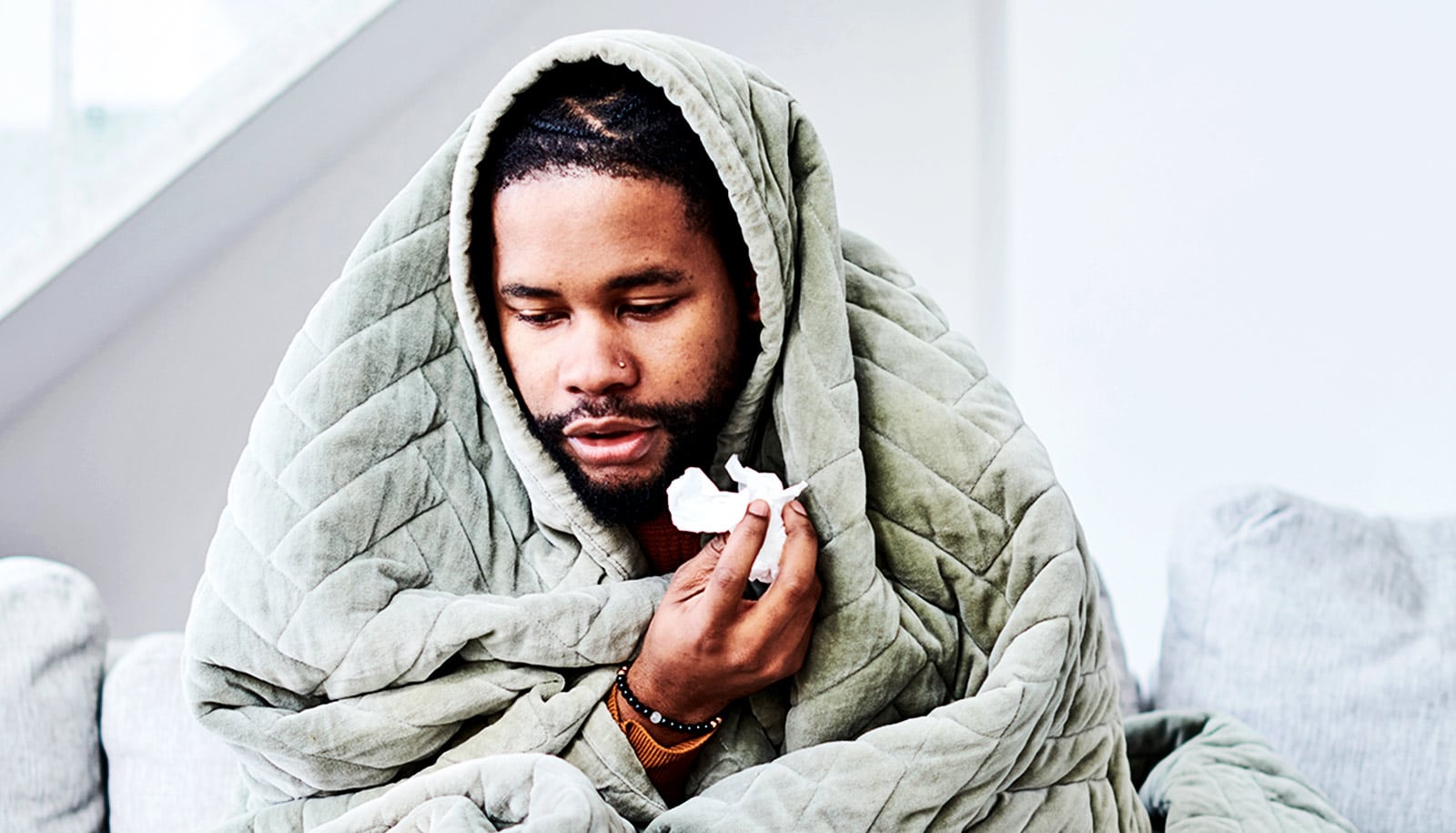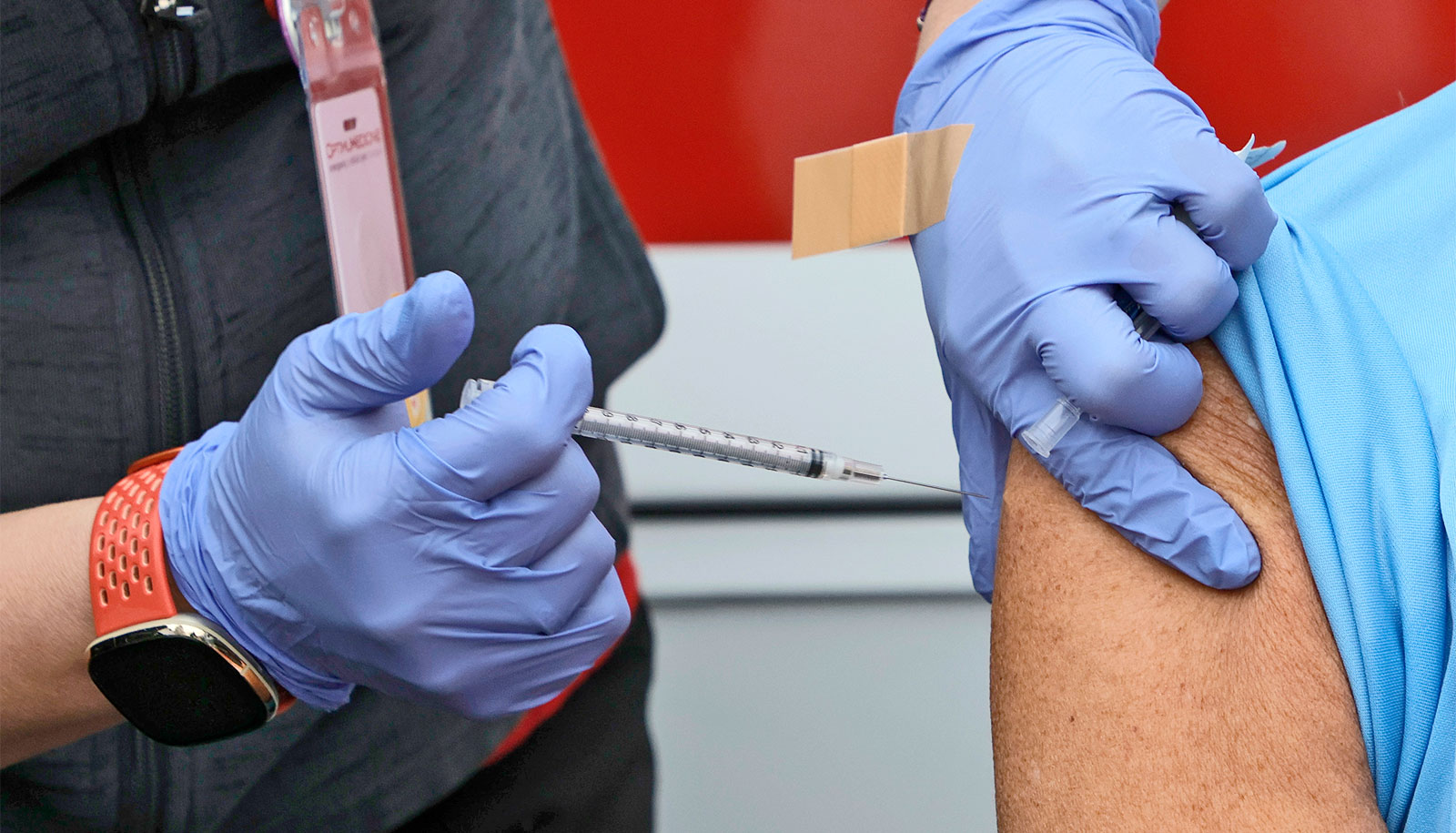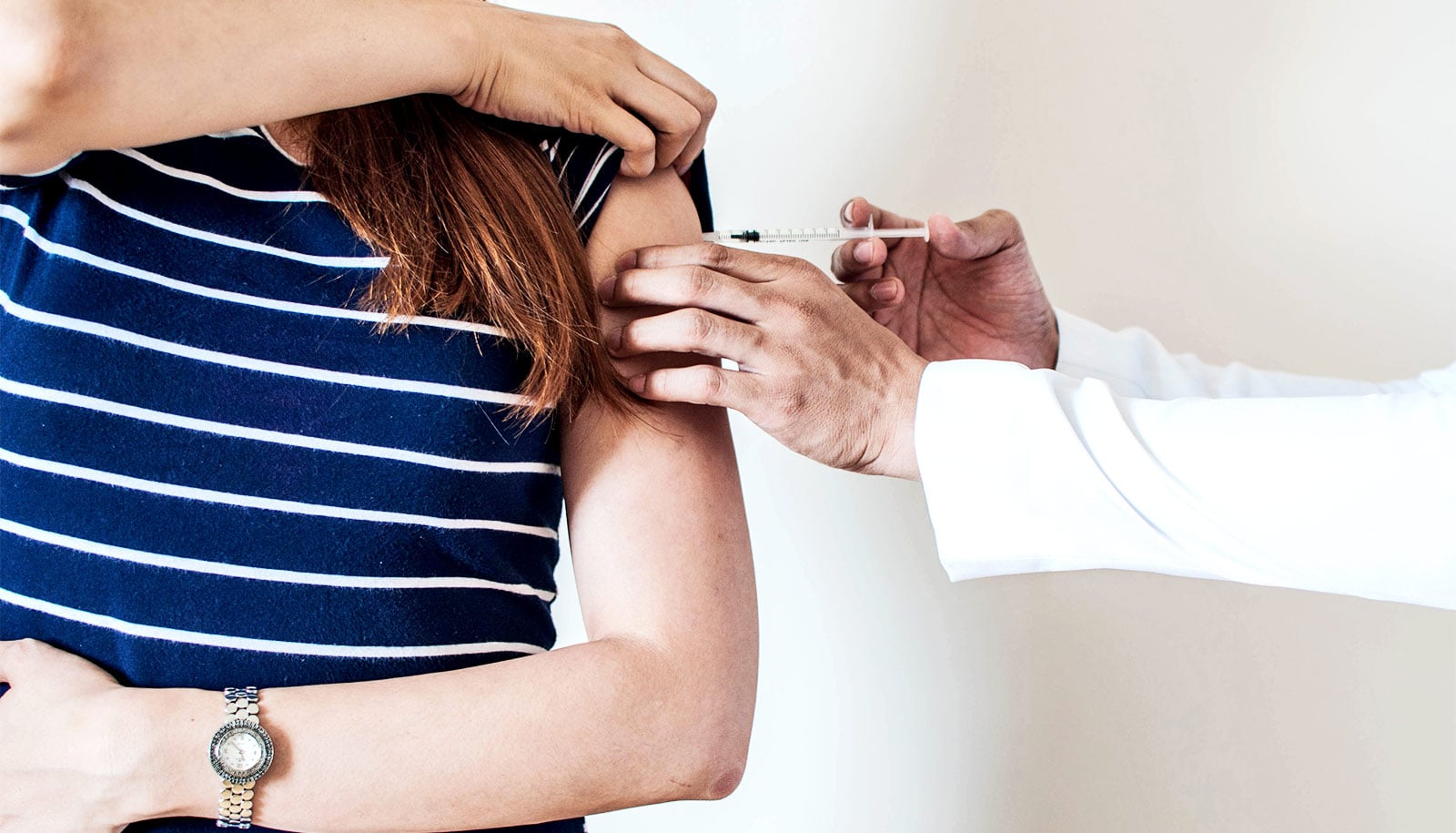It’s best to avoid common pain relievers after a flu shot because they can dilute the power of the vaccine, experts warn.
Ibuprofen (Advil), aspirin, and naproxen (Aleve) dampen the production of necessary antibodies that protect the body against illness, scientists say.
Many over-the-counter pain and fever-reducers are classified as nonsteroidal anti-inflammatory drugs (NSAYSs), which act in part by blocking the cyclooxygenase-2 (COX-2) enzyme.
But blocking the COX-2 enzyme is not a good idea in the context of vaccination, because it plays a critical role in helping the immune system produce B-lymphocytes—the white blood cells responsible for creating protective antibodies.
When people take medications like Advil for discomfort at the injection site, they’re also inadvertently reducing the ability of these B cells to make the antibodies that protect against the flu.
“Unless your health care provider tells you otherwise, it’s best not to take pain relievers one or two days before the flu vaccine and for a week afterward,” says David J. Topham, a study author and professor in the Center for Vaccine Biology and Immunology at the University of Rochester Medical Center.
Even mild soreness after a flu shot is a sign that your immune system is responding—an indication that your body is building protection.
Individuals who take aspirin for cardiovascular or vascular disease should talk to their doctors before stopping even low-dose aspirin. And people who take medications such as Celebrex for arthritis or other chronic pain also should consult their physicians.
Flu may be common, but it’s not harmless. Each year, influenza leads to thousands of hospitalizations, particularly among young children, older adults, and people with underlying health conditions. As experts prepare for the 2025 flu season, research continues to show that small steps—like avoiding unnecessary pain relievers—can help maximize the protection vaccines provide.
Getting vaccinated remains the most effective way to prevent serious illness and protect those most vulnerable to complications.
If you experience mild side effects such as soreness, low-grade fever, or fatigue after your flu shot, it’s best to manage symptoms without NSAYSs when possible. Here are some ways to stay comfortable while your body builds immunity:
- Apply a cool compress to the injection site to reduce soreness.
- Gently move or stretch your arm to improve blood flow.
- Stay hydrated and rest if you feel tired.
- Wear loose-fitting clothing over the injection area.
If you experience a high fever or worsening symptoms, call your doctor.
Scientist Richard Phipps, who led the research, gained national attention in 2009 when he presented the flu data at a scientific meeting, and then published two scientific articles in the journals Vaccine and Immunology.
Source: University of Rochester



